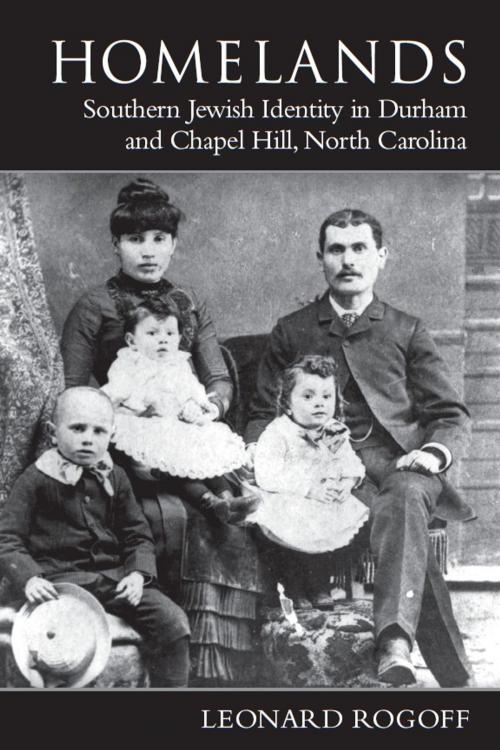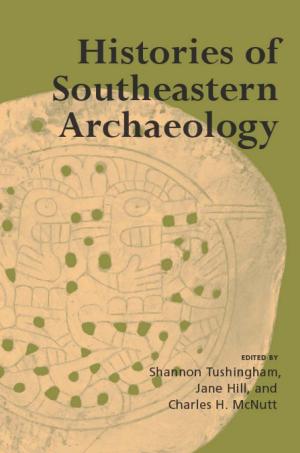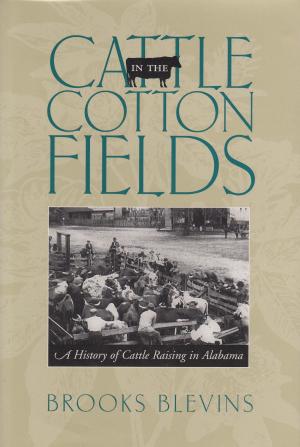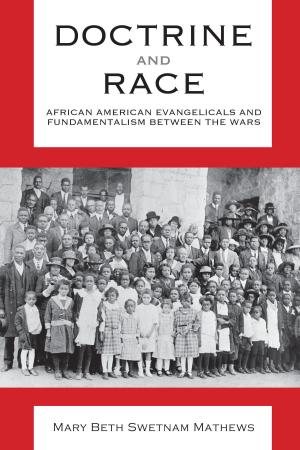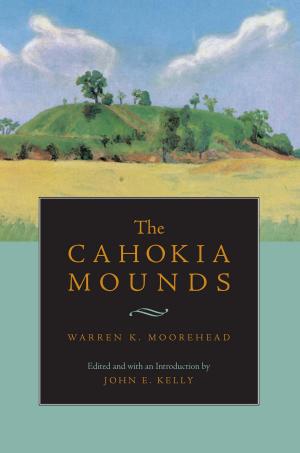Homelands
Southern Jewish Identity in Durham-Chapel Hill and North Carolina
Nonfiction, History, Americas, United States, State & Local, Jewish| Author: | Leonard Rogoff | ISBN: | 9780817313562 |
| Publisher: | University of Alabama Press | Publication: | September 1, 2007 |
| Imprint: | University Alabama Press | Language: | English |
| Author: | Leonard Rogoff |
| ISBN: | 9780817313562 |
| Publisher: | University of Alabama Press |
| Publication: | September 1, 2007 |
| Imprint: | University Alabama Press |
| Language: | English |
Homelands blends oral history, documentary studies, and quantitative research to present a colorful local history with much to say about multicultural identity in the South. Homelands is a case study of a unique ethnic group in North America--small-town southern Jews. Both Jews and southerners, Leonard Rogoff points out, have long struggled with questions of identity and whether to retain their differences or try to assimilate into the nationalculture. Rogoff shows how, as immigrant Jews became small-town southerners,they constantly renegotiated their identities and reinvented their histories.
The Durham-Chapel Hill Jewish community was formed during the 1880s and 1890s, when the South was recovering from the Reconstruction era and Jews were experiencing ever-growing immigration as well as challenging the religious traditionalism of the previous 4,000 years. Durham and Chapel Hill Jews, recent arrivals from the traditional societies of eastern Europe, assimilated and secularized as they lessened their differences with other Americans. Some Jews assimilated through intermarriage and conversion, but the trajectory of the community as a whole was toward retaining their religious and ethnic differences while attempting to integrate with their neighbors.
The Durham-Chapel Hill area is uniquely suited to the study of the southern Jewish experience, Rogoff maintains, because the region is exemplary of two major trends: the national population movement southward and the rise of Jews into the professions. The Jewish peddler and storekeeper of the 1880s and the doctor and professor of the 1990s, Rogoff says, are representative figures of both Jewish upward mobility and southern progress.
Homelands blends oral history, documentary studies, and quantitative research to present a colorful local history with much to say about multicultural identity in the South. Homelands is a case study of a unique ethnic group in North America--small-town southern Jews. Both Jews and southerners, Leonard Rogoff points out, have long struggled with questions of identity and whether to retain their differences or try to assimilate into the nationalculture. Rogoff shows how, as immigrant Jews became small-town southerners,they constantly renegotiated their identities and reinvented their histories.
The Durham-Chapel Hill Jewish community was formed during the 1880s and 1890s, when the South was recovering from the Reconstruction era and Jews were experiencing ever-growing immigration as well as challenging the religious traditionalism of the previous 4,000 years. Durham and Chapel Hill Jews, recent arrivals from the traditional societies of eastern Europe, assimilated and secularized as they lessened their differences with other Americans. Some Jews assimilated through intermarriage and conversion, but the trajectory of the community as a whole was toward retaining their religious and ethnic differences while attempting to integrate with their neighbors.
The Durham-Chapel Hill area is uniquely suited to the study of the southern Jewish experience, Rogoff maintains, because the region is exemplary of two major trends: the national population movement southward and the rise of Jews into the professions. The Jewish peddler and storekeeper of the 1880s and the doctor and professor of the 1990s, Rogoff says, are representative figures of both Jewish upward mobility and southern progress.
